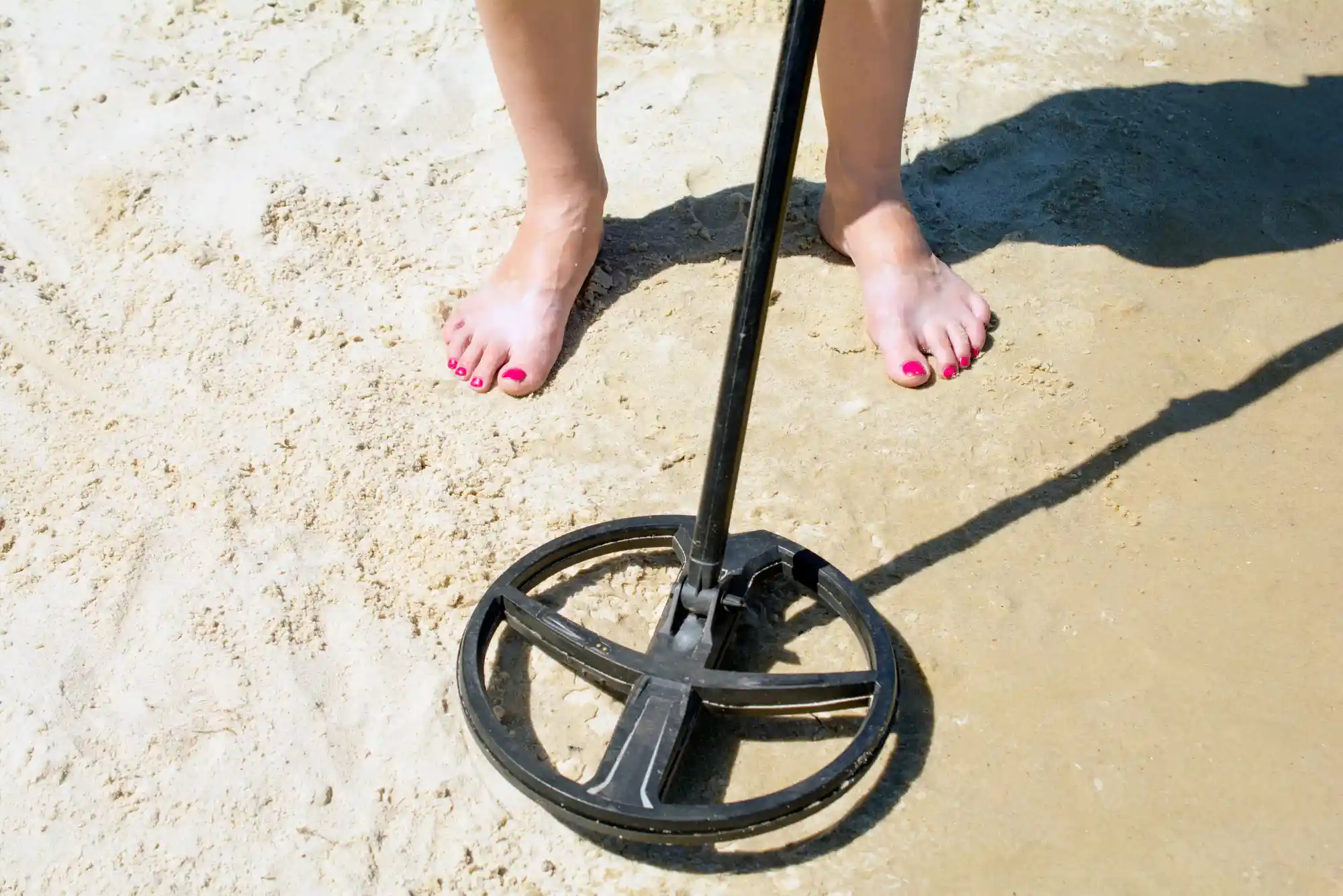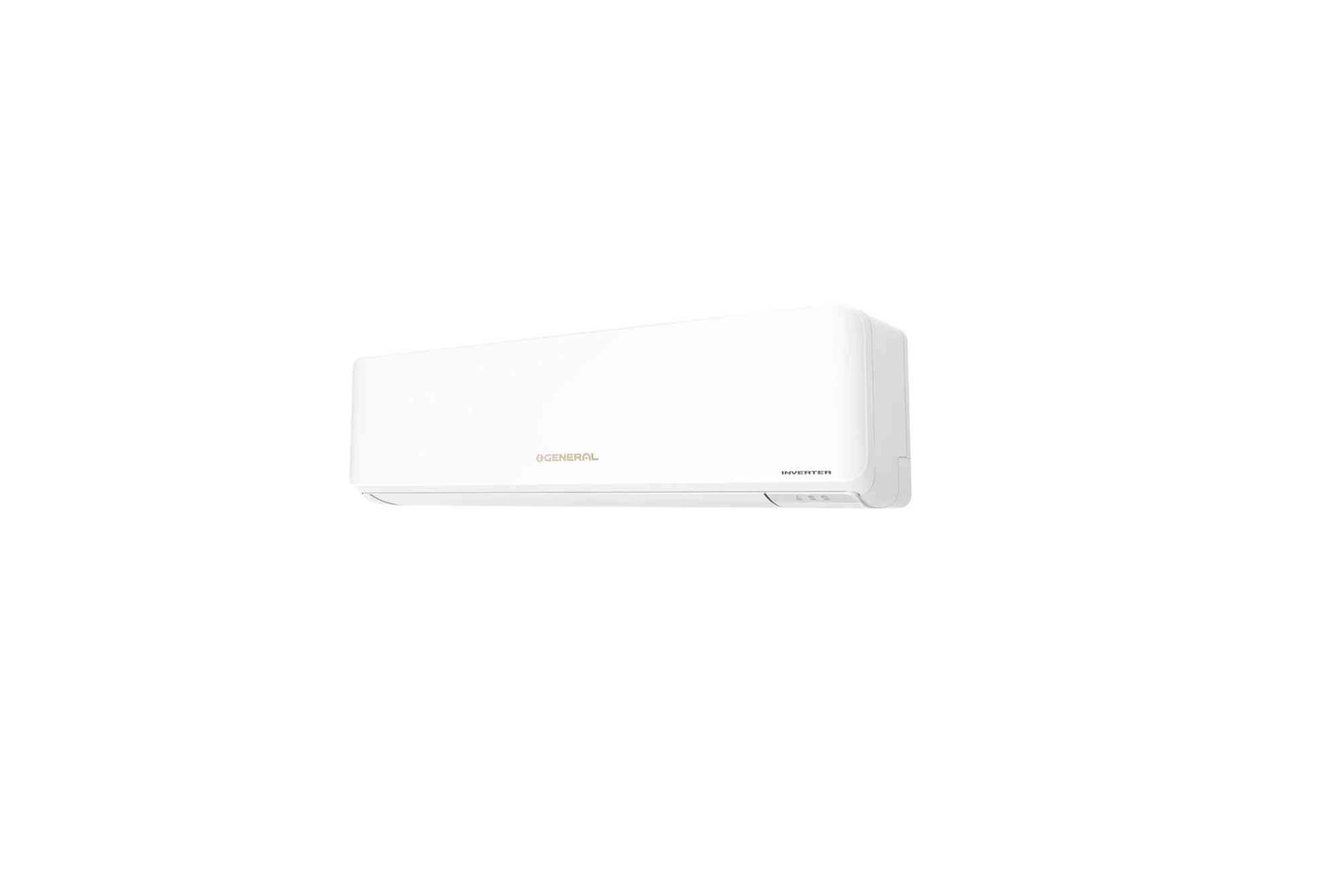The allure of discovering hidden treasure has captivated adventurers for centuries. Whether you’re an amateur treasure hunter or a seasoned prospector, the idea of uncovering gold coins buried beneath the earth is thrilling. But can a gold detector machine truly help you find those elusive coins? The answer is a resounding yes, but success depends on understanding how these machines work, choosing the right equipment, and mastering the techniques of metal detecting. In this article, we’ll explore the capabilities of gold detectors, their effectiveness in locating gold coins, and practical tips to maximize your treasure-hunting adventures.
Gold detectors are specialized tools designed to locate metal objects, including gold, buried underground or hidden in various environments. Unlike general-purpose metal detectors, a gold detector is fine-tuned to detect the unique properties of gold, making it an essential tool for prospectors seeking coins, nuggets, or other gold artifacts. Let’s dive into the science, features, and strategies that make these machines effective for finding gold coins.
How Does a Gold Detector Machine Work?
The Science Behind Gold Detection
Gold detector machines operate using electromagnetic fields to identify metal objects. When you turn on a gold detector, it generates a magnetic field through a coil in the search head. When this field encounters a metal object, such as a gold coin, it induces a secondary magnetic field in the metal. The detector senses this disturbance and alerts the user with an audible signal or visual display.
Gold, however, is a low-conductivity metal, which makes it trickier to detect than highly conductive metals like silver or copper. To address this, modern gold detectors use advanced technologies such as pulse induction (PI) or very low frequency (VLF) systems. These technologies allow the machine to differentiate between gold and other metals, reducing false signals from mineralized soil or iron debris.
Pulse Induction vs. Very Low Frequency Detectors
There are two primary types of gold detector machines: Pulse Induction (PI) and Very Low Frequency (VLF). Each has its strengths, depending on the environment and the type of gold you’re seeking.
-
Pulse Induction (PI): PI detectors are highly effective in mineralized soils, such as those found in gold-rich regions. They emit powerful pulses of electromagnetic energy, making them less affected by ground mineralization. This makes PI detectors ideal for detecting deeper gold coins in challenging environments, though they may lack the discrimination capabilities of VLF detectors.
-
Very Low Frequency (VLF): VLF detectors are more versatile and excel at distinguishing between different types of metals. They are particularly useful for finding gold coins in areas with less mineralization, such as parks or historical sites. VLF detectors are also more affordable, making them a popular choice for beginners.
For finding gold coins, VLF detectors are often preferred due to their ability to discriminate between metals, helping you avoid digging up unwanted items like bottle caps or nails.
Can a Gold Detector Machine Find Gold Coins?
Why Gold Coins Are a Prime Target
Gold coins are among the most coveted finds for treasure hunters. These coins, often buried or lost centuries ago, can hold significant historical and monetary value. From ancient Roman aurei to modern bullion coins, gold coins vary in size, purity, and depth, all of which influence a detector’s ability to locate them.
A gold detector machine is well-suited for finding gold coins because it can be calibrated to detect the specific conductivity and density of gold. However, several factors affect its success, including the coin’s size, depth, soil conditions, and the detector’s settings.
Factors That Influence Detection Success
-
Coin Size and Composition: Larger gold coins or those with higher gold content are easier to detect due to their stronger electromagnetic signature. Smaller or alloyed coins may require a more sensitive detector.
-
Depth of Burial: Gold coins buried deeper underground require a detector with greater depth penetration. PI detectors typically excel in deeper searches, while VLF detectors are better for shallow finds.
-
Soil Conditions: Mineralized soils, rich in iron or salt, can interfere with a detector’s performance. High-quality gold detectors come with ground-balancing features to mitigate this issue.
-
Detector Settings: Adjusting sensitivity, discrimination, and frequency settings is crucial for optimizing your detector for gold coins. Many modern detectors allow users to fine-tune these parameters for specific targets.
By understanding these factors and selecting a detector designed for gold, you can significantly increase your chances of finding gold coins.
Choosing the Right Gold Detector for Finding Gold Coins
Key Features to Look For
When shopping for a gold detector, consider the following features to ensure it’s suited for finding gold coins:
-
High Sensitivity to Gold: Look for a detector with a high operating frequency (15 kHz or higher for VLF detectors) to enhance its ability to detect low-conductivity metals like gold.
-
Discrimination Capabilities: A good gold detector should allow you to filter out unwanted metals, focusing only on gold coins.
-
Ground Balancing: Automatic or manual ground balancing helps eliminate interference from mineralized soils, improving accuracy.
-
Lightweight and Portable Design: Since treasure hunting often involves long hours in the field, a lightweight detector with ergonomic design is essential for comfort.
-
Waterproof Coils: If you plan to search in wet environments, such as beaches or riverbanks, a detector with waterproof coils is a must.
Top Gold Detector Brands
Several reputable brands manufacture high-quality gold detectors tailored for coin hunting. Some popular options include:
-
Minelab: Known for models like the Minelab Gold Monster 1000, which offers excellent sensitivity and automatic ground balancing.
-
Garrett: The Garrett AT Gold is a favorite among coin hunters for its versatility and waterproof design.
-
Fisher: The Fisher Gold Bug Pro is a budget-friendly option with strong discrimination capabilities.
When choosing a detector, consider your budget, experience level, and the types of environments you’ll be exploring.
Tips for Using a Gold Detector to Find Gold Coins
Research Your Hunting Grounds
Before heading out with your gold detector machine, research potential locations where gold coins might be found. Historical sites, old homesteads, battlefields, and areas near former trade routes are prime spots. Use historical maps, local records, or online forums to identify areas with a high likelihood of buried treasure.
Master Your Detector’s Settings
Take time to learn your detector’s settings and practice in a controlled environment, such as your backyard. Experiment with sensitivity and discrimination settings to understand how your machine responds to gold coins versus other metals. Many detectors come with preset modes for gold hunting, which can be a great starting point for beginners.
Use Proper Sweeping Techniques
To maximize your detector’s effectiveness, use slow, overlapping sweeps close to the ground. Keep the coil parallel to the surface and avoid lifting it at the end of each swing. This ensures consistent detection depth and reduces missed signals.
Dig Carefully and Respect the Environment
When your detector signals a potential find, dig carefully to avoid damaging the coin. Use a small hand trowel and a pinpointing tool to locate the exact spot. Always fill in your holes and respect private property or protected lands to preserve the environment and maintain good relations with landowners.
Practice Patience and Persistence
Finding gold coins requires patience and persistence. You may encounter trash or false signals before uncovering treasure. Keep a log of your finds and locations to refine your approach over time.
Common Challenges and How to Overcome Them
Dealing with Mineralized Soil
Mineralized soil can create false signals, making it harder to detect gold coins. To overcome this, use a detector with ground-balancing capabilities and adjust the sensitivity to minimize interference. PI detectors are particularly effective in highly mineralized areas.
Avoiding Trash and Junk Metal
Parks and historical sites often contain modern debris like aluminum cans or pull tabs. Use your detector’s discrimination settings to filter out these items, focusing only on signals likely to be gold. However, be cautious not to over-discriminate, as this could cause you to miss small or alloyed gold coins.
Detecting in Wet Environments
Gold coins are sometimes found near water, such as beaches or riverbanks. If you’re searching in these areas, ensure your detector has waterproof coils or consider investing in a fully submersible model. Always rinse your equipment after use in saltwater to prevent corrosion.
The Historical and Monetary Value of Gold Coins
Finding a gold coin is not just about the thrill—it can also be a significant financial or historical discovery. Ancient coins, such as Roman or Byzantine gold pieces, can offer insights into past civilizations and may be worth thousands of dollars. Modern gold coins, like American Eagles or Krugerrands, have intrinsic value based on their gold content and market prices.
If you find a gold coin, handle it carefully to avoid scratches or damage. Consult a professional appraiser or numismatist to determine its value and authenticity. Some coins may require reporting to local authorities, especially if found on public or protected land.
Conclusion: Start Your Treasure-Hunting Journey
A gold detector machine is a powerful tool for uncovering gold coins, whether you’re exploring historical sites or searching for modern treasures. By choosing the right detector, mastering its settings, and researching prime locations, you can increase your chances of success. While finding gold coins requires skill and patience, the rewards—both financial and emotional—are well worth the effort.
Ready to start your treasure-hunting adventure? Invest in a quality gold detector, study your local history, and hit the field with confidence. Who knows? The next sweep of your detector could uncover a piece of history waiting to be rediscovered.










